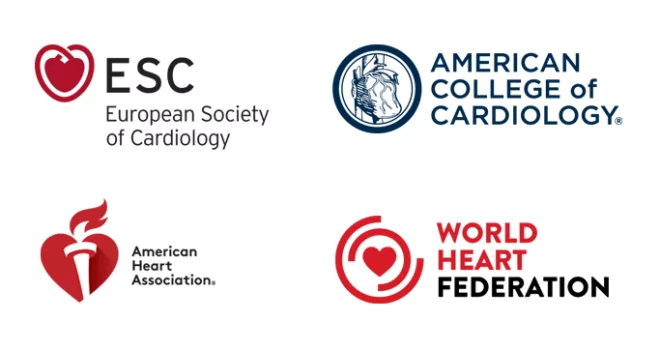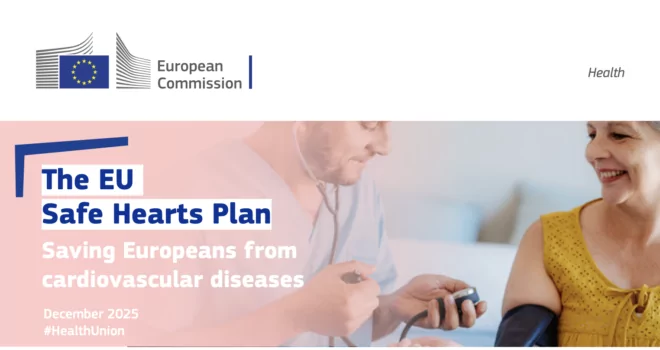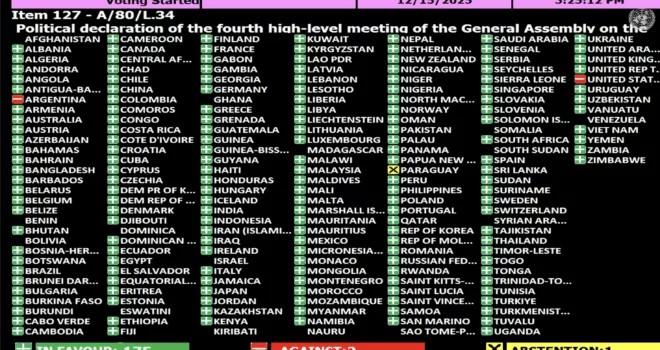This statement was prepared by the World Heart Federation in response to the UN High-Level Meeting on NCDs panel discussion on Reshaping and Strengthening Health Systems and All Forms of Financing to Meet the Needs of People Living With and at Risk of Noncommunicable Diseases and Mental Health Conditions.
Distinguished Delegates, Colleagues, and Partners,
The World Heart Federation urges Heads of State to place cardiovascular health at the centre of health system reform. Cardiovascular disease remains the world’s leading cause of death, yet as much as 80% of premature CVD deaths can be averted through timely prevention and care.
Cardiovascular health promotion begins in the community, through primary and primordial prevention, early diagnosis, treatment and follow-up. Health systems must be rebuilt on strong, people-centred primary healthcare. Alarmingly, fewer than 1 in 4 people living with hypertension have their condition under control today.
We welcome the Political Declaration as a starting point, but its commitments are far too conservative to drive meaningful progress. We urge Governments to raise ambition and follow it with action. Achieving the World Heart Federation long-term ambition of 50% global hypertension control by 2030 requires significantly scaling up domestic and external funding for CVD.
Governments in LMICs, where most CVD deaths occur, must urgently increase investment in CVD to at least US$ 2.2 per capita, or 2.2% of national health spending, to ensure that primary care can serve as the true frontline for hypertension detection and management.
Today, governments in LMICs spend barely 30 cents per capita on cardiovascular disease, a negligible amount given its burden, which demands bold, proven public health measures such as at least 50% taxation of tobacco, alcohol and sugary drinks, both to reduce consumption and generate additional revenue for health systems. Importantly, public health policy must be safeguarded from industry interference. In particular, industries that profit from harmful products must not be allowed to delay or weaken action.
Despite accounting for over 70% of global deaths, NCDs receive only 1-2% of global health funding: A stark mismatch. Donors must finally recognise NCDs, particularly CVD, as a development priority.
To translate investment into impact, countries must ensure that at least 80% of health facilities have essential CVD medicines available, supported by digital tools to track patients, monitor outcomes, and guarantee continuity of care.
The current Sustainable Development Goal target on NCDs is narrow and outdated. To drive accountability for these investments and system benchmarks, we call for a new global commitment: a 50% reduction in NCD-related deaths and disability across all age groups by 2050.
Investing in health systems to strengthen care for NCDs and CVD not only saves millions of lives but also generates billions of dollars in economic benefits, ensuring that everyone, everywhere can access continuous, affordable and lifesaving care. We stand by The Call to Lead on NCDs; now it’s time to deliver.
Thank you for your leadership.


